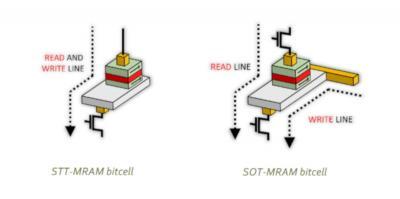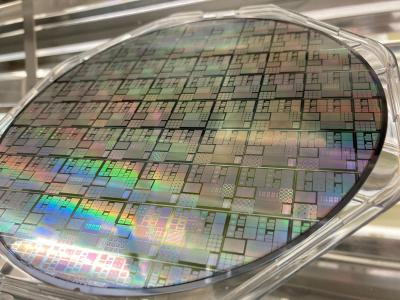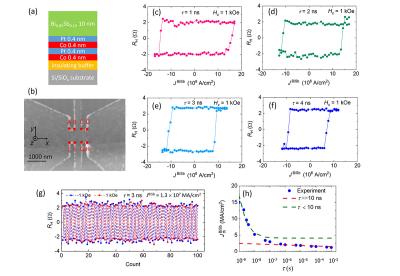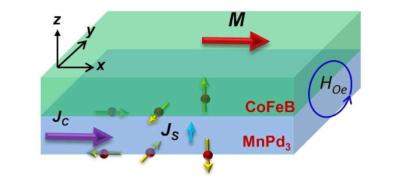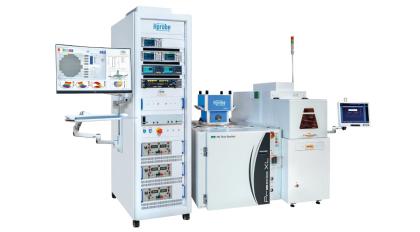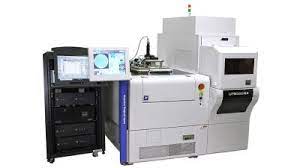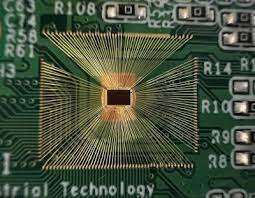Researchers from IST and Western Digital develop a promising new SOT-MRAM material
Researchers from the Institute of Science Tokyo (formerly Tokyo Tech), in collaboration with Western Digital, has developed a new high-performance material suitable for low-power SOT-MRAM.
The researchers are using BiSb material under the CoFeB/MgO, with perpendicular magnetic anisotropy. By optimizing the interfacial layer thickness as well as deposition condition of BiSb, the researchers managed to achieve a large effective spin Hall angle and relatively high electrical conductivity. The researchers continued to demonstrate spin–orbit torque-induced magnetization switching driven by a small threshold current density.
